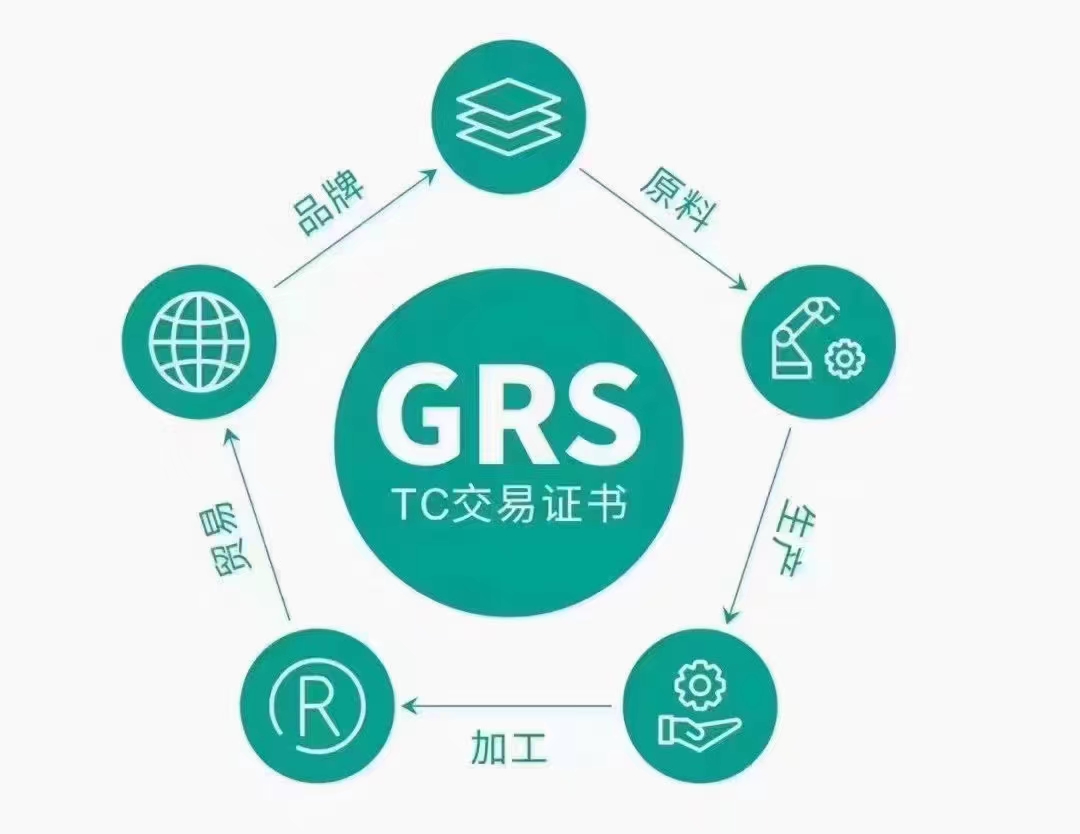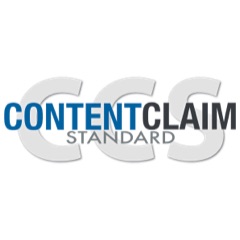GOTS认证辅导-不要求被认证实体针对各GOTS准则制定单独的管理体系
GOTS SECTION 1.2.4
GOTS 第 1.2.4 节
“The Certified Entity shall follow GOTS criteria or the local legal requirements, whichever affords higher protection to people and the environment.”
“被认证实体应遵循GOTS准则或当地法律要求,两者之间以为人和环境提供更高保护水平的为准。
INTERPRETATION
释义
• GOTS sets criteria that are stringent yet practical and are relevant in major textile markets. Local or national legal requirements vary across the world.
• GOTS制定了严格而实用的准则,适用于主要的纺织品市场。世界各国或各地区的法律要求各不相同。
• If the local laws provide higher protection to the environment or people, they shall be followed. Similarly, where local laws provide lower protection as compared to GOTS criteria, GOTS criteria would take precedence for the Certified Entities.
• 如果当地法律对环境或人提供了更高的保护水平,则应以当地法律为准。同样,如果与GOTS准则相比,当地法律的保护水平更低,被认证实体则以GOTS准则为准。
• This is applicable to all aspects of GOTS criteria, including environment, social, building safety, the legality of business, and so on.
• 该规则适用于GOTS准则的所有方面,包括环境、社会责任、建筑安全、商业合法性等。
GOTS SECTION 1.2.8
GOTS 第 1.2.8 节
“Certified Entities shall implement due diligence according to Section 4.1. and the relevant OECD guidance documents specified in the Manual for the Implementation of GOTS.”
“被认证实体应按照第4.1节,以及《GOTS实施手册》规定的经合组织(OECD)相关指导文件实施尽职调查。”
GUIDANCE
准则
• Due diligence is the process Certified Entities should carry out to identify, prevent, mitigate and account for how they address actual and potential adverse impacts on human rights, the environment, and ethical business behaviour in their own operations, their supply chain and other business relationships.
• 尽职调查是被认证实体为识别、预防、减轻和解释它们在其经营、供应链和其它业务关系中如何应对人权、环境和道德商业行为的实际和潜在负面影响而应该开展的流程。
• Due diligence management systems shall be implemented based on OECD Due Diligence Guidance for Responsible Supply Chains in the Garment and Footwear Sector, OECD Due Diligence Guidance for Responsible Business Conduct, and the OECD Guidelines for Multinational Enterprises.
• 应根据《经合组织(OECD)服装和鞋类行业负责任供应链尽职调查指南》、《经合组织(OECD)负责任商业行为尽职调查指南》和《经合组织(OECD)跨国企业准则》实施尽职调查管理制度。
• Certified Entity is not expected to have a stand-alone management system for each GOTS Criteria. For example, a Certified Entity may adopt a comprehensive Policy on Responsible Business Conduct that may incorporate Environmental, Social and Governance Criteria. Alternatively, Certified Entity may implement stand-alone policies separately covering GOTS Human Rights and Social Criteria, Environmental Criteria and Governance Criteria.
• 不要求被认证实体针对各GOTS准则制定单独的管理体系。例如,被认证实体可采纳涵盖环境、社会与治理准则的综合性《负责任商业行为政策》。另外,被认证实体可分别针对GOTS中的人权与社会责任准则、环境准则和治理准则实施单独的政策。
• Certified Entity shall implement a management system that allows to identify, prevent, mitigate and account for how it addresses its actual and potential adverse impacts.
• 被认证实体应实施能够识别、预防、减轻以及解释其如何应对实际、潜在不利影响的管理体系。
• Due diligence is conducted against the OECD Guidelines regarding specific adverse impacts (i.e. harm).
• 参照经合组织(OECD)指南开展关于特定不利影响(即危害)的尽职调查。
• A Certified Entity is expected to conduct due diligence on its own activities and on its suppliers across its supply chain and other business relationships.
• 被认证实体应对其经营活动及其供应链供应商和其它业务关系开展尽职调查。
• Due diligence is an ongoing exercise, recognising that risks of harm may change over time as the enterprise’s operations and operating context evolve.
• 尽职调查是一项持续性工作,识别可能因企业经营和经营环境的演变而随时间发生变化的危害风险。
INTERPRETATION
释义
• Adverse impacts can be considered harmful impacts on matters covered by the GOTS Human Rights and Social Criteria and Environmental Criteria, Governance Criteria (e.g. child labour, discrimination, hazardous chemicals, etc.).
• 可将不利影响视为对GOTS中的人权与社会责任准则、环境准则、治理准则所涉事项造成的有害影响,例如:童工、歧视、有害化学品等。
• Risk refers to the risk of harm to individuals, other organisations and communities in relation to human rights, labour rights and the environment.
• 风险指对个体、其它组织和团体造成的与人权、劳动权和环境相关的危害风险。
• For specific guidance on the essential characteristics of Due Diligence, see pages 16-19 of the OECD Due Diligence Guidance for Responsible Business Conduct.
• 关于尽职调查基本特征的具体准则,参考《经合组织(OECD)负责任商业行为尽职调查指南》第16至19页。





























 18576401396
18576401396 




